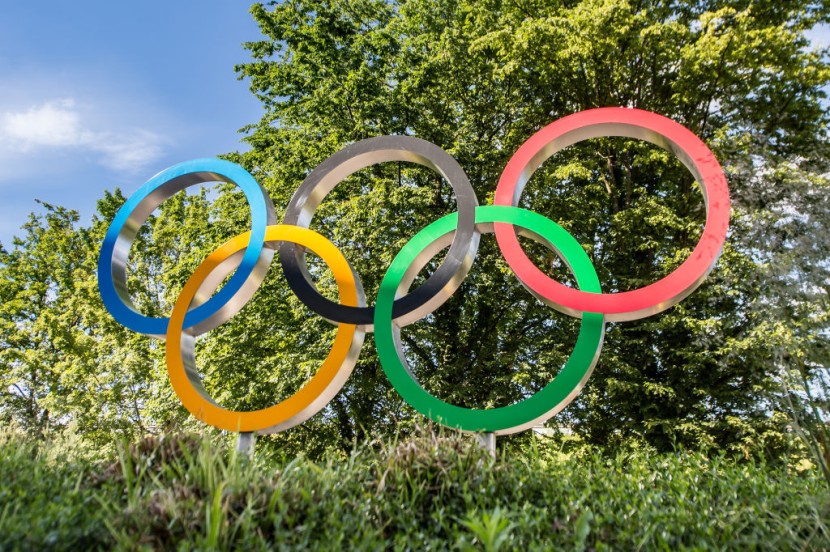North Korea decides to skip the Tokyo Olympics just hours after Japan announced that it would extend its sanctions. North Korea first announced that it planned not to join the Tokyo Olympics this year. This is to protect its athletes against the infectious and deadly COVID-19, according to a recently published article in The Straits Times.

North Korea To Skip Tokyo Olympics
The announcement coincides with Japan's decision to extend its sanctions against North Korea for two years. It was first reported in The Washington Post, wherein North Korea's sports minister said that "The National Olympic Committee of the Democratic People's Republic of Korea discussed and decided not to participate in the 32nd Olympic Games to protect athletes from the global health crisis by the vicious virus pandemic."
In a separate report from Nikkei Asia, it was reported that the decision of North Korea to skip the Olympics is not the first time. They first withdrew in 1988 when some of the games were held in South Korea.
North Korea Sends Warning to Biden Administration
Japan Extends its Sanction
Japan will extend its sanctions against North Korea for two more years. It can be remembered that Tokyo first imposed limited sanctions in 2006. It included banning bilateral trade and flights between the two countries.
It also prevented North Korean-registered ships from entering Japanese waters or docking from any of its ports. In 2009, the sanctions became broader and Japan prohibited exports from North Korea.
Meanwhile, a recently published report from The Japan Times reported that Japan spent the previous months considering the extension of its unilateral sanctions. These were supposed to expire on April 13.
Japan PM Firm in Lighting Tokyo Olympics' Flames, Denies Cancellation Report
Japan's Reason for Its Extended Sanctions
Katsunobu Kato, Japan's chief cabinet secretary, gave a hint last week that the country was looking to extend the sanctions as its response to the ballistic missile tests of North Korea on March 25.
A news outlet in Japan also reported that the decision of the country to extend its sanctions was viewed to put pressure on Pyongyang. Its aim is not only to denuclearize North Korea but also to keep the country responsible for the kidnapping of 17 Japanese people in the 1970s and 1980s.
Furthermore, the said sanctions were formalized on Tuesday. Atsuhito Isozaki, an associate professor at Keio University, said that bad relations between the two countries persisted since the last visit of Prime Minister Koizumi to North Korea in 2004.
The professor also explained, "It's been Tokyo's position that it will extend sanctions as long as there's no change in Pyongyang's attitude." South Korean President Moon Jae-in had hoped that the Olympics would help forge a way for new talks between the North and South Korea. Additionally, hopes for a wider multilateral talks with Japan and the U.S. were also shattered by North Korea's withdrawal from the Tokyo Games.
© 2026 HNGN, All rights reserved. Do not reproduce without permission.








